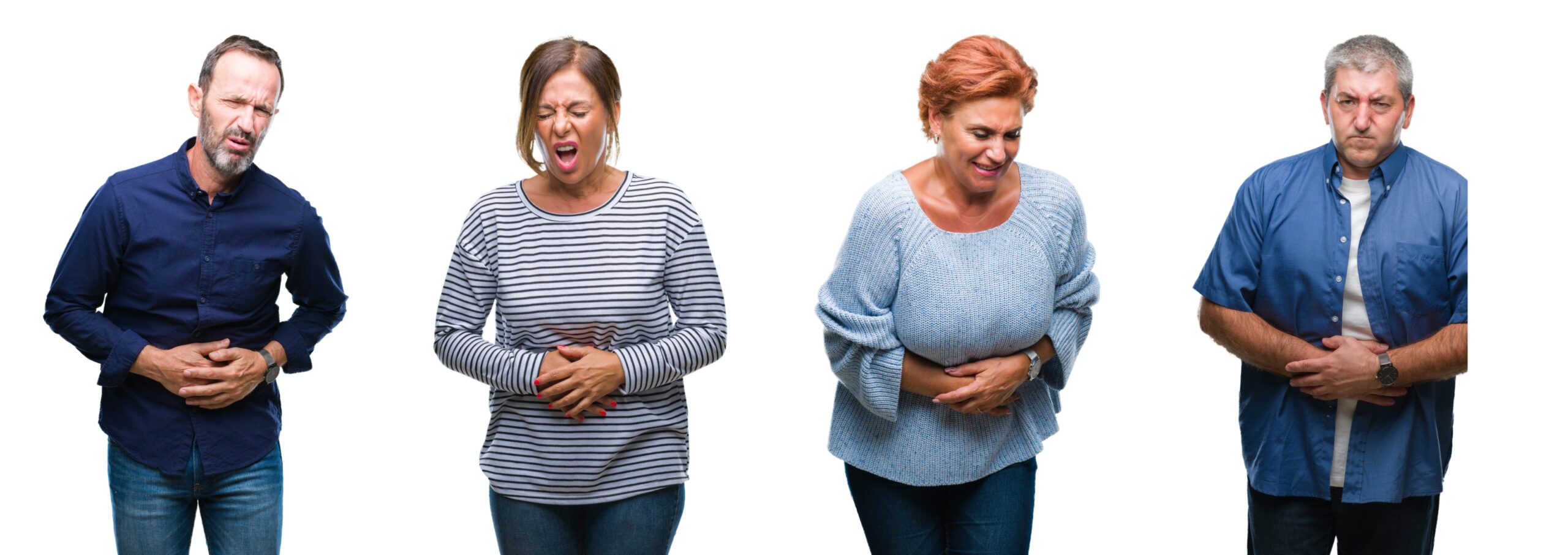Cohen-Mekelburg says that in recent years, there has been a greater emphasis among providers on detecting why so many Americans are developing digestive diseases.
However, she notes that current approaches often fail to consider how things like psychosocial factors contribute to these conditions.
“As physicians, it’s important for us to pay attention to psychosocial factors involved in the lives of our patients, but they often go overlooked,” she said.
“These factors have the potential to significantly impact gastrointestinal health, and they also play a crucial role in the overall wellbeing of our patients.”
This notion inspired Cohen-Mekelburg and a team of fellow gastroenterologists and hepatologists to examine the rates of loneliness, depression, and social isolation in older adults both with and without digestive diseases.
Their findings were recently published in Clinical Gastroenterology and Hepatology.
Cohen-Mekelburg notes that the team also “wanted to quantify these numbers with self-reported rates of poor health.”
“Our research involved analyzing data from 2008 to 2016 from the University of Michigan Health and Retirement Study.
This is a longitudinal panel study that involves a representative sample of approximately 20,000 individuals in the U.S. who are 50 years and older, as well as their spouses,” she said.
“It’s important to note that loneliness refers to the subjective distressed feeling of being alone or lacking companionship. The correlation between loneliness and depression is well established.”
However, Cohen-Mekelburg adds that social isolation refers to the “objective physical separation from other people, which is independent of psychological well-being.”
“Therefore, there are people who live in isolation but are well-adapted, not lonely, and report high psychological well-being. But on the other hand, there are also people who are socially connected, yet suffer from low psychological well-being and loneliness. This, despite having a strong social network.”
Out of a pool of 7,110 participants, the team identified 56% of individuals with a digestive disease and 44% without one.
“Overall, 60.4% and 55.6% of respondents with and without digestive diseases reported loneliness, while 12.7% and 7.5% reported severe depression, and 8.9% and 8.7% reported social isolation, respectively,” said Cohen-Mekelburg.
“We found that individuals with a digestive disease were more likely to report ‘poor-or-fair’ health when compared to those without one. And among patients with a digestive disease, loneliness, as well as moderate to severe depression, were associated with greater odds of self-reporting ‘poor-or-fair’ health.”
Cohen-Mekelburg says that she hopes these findings eventually empower gastroenterologists to “screen patients for depression and loneliness,” in addition to their physical symptoms. “By doing this, providers can better establish care pathways for mental health treatment for their patients, which is hugely important,” she said.
“Our research shows that gastroenterologists are in a unique position to help their patients achieve good overall health. If you’re a clinician who also happens to treat older adults, even better. Being aware of the link between loneliness, depressive symptoms, and digestive diseases can really benefit your patients from a holistic perspective.”




